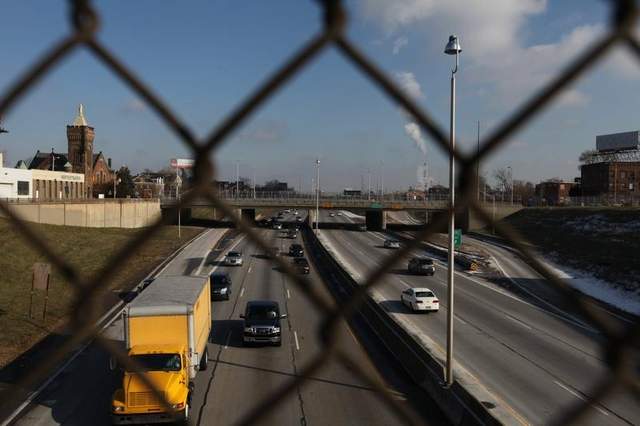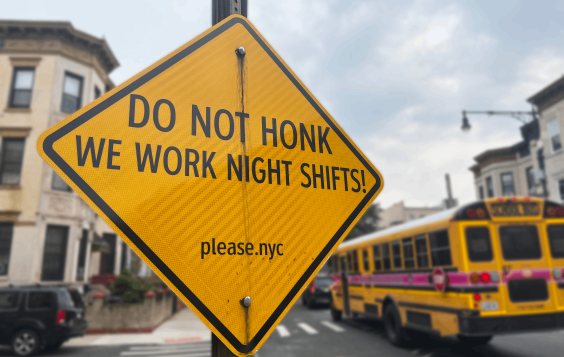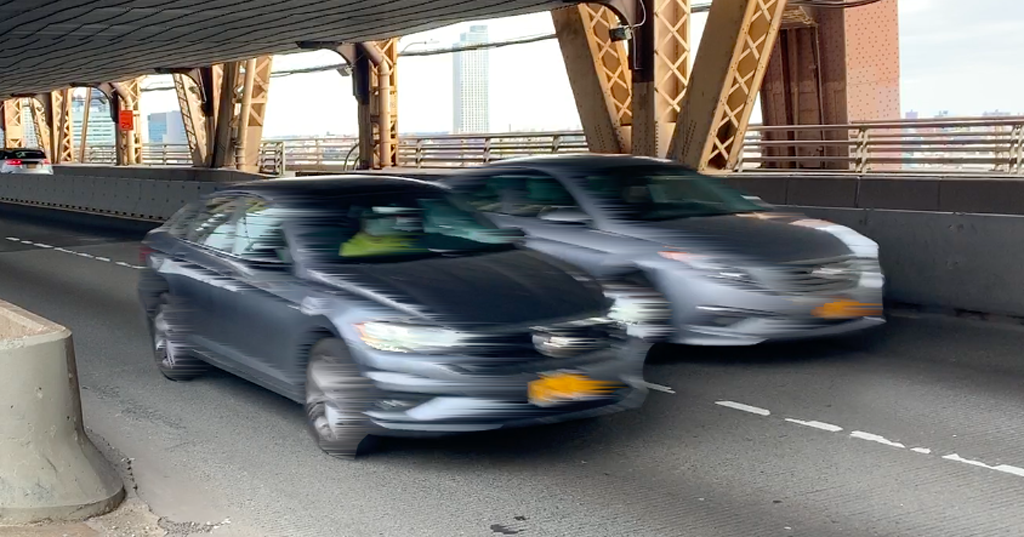Perhaps you've read recently about the city of Detroit's financial woes. The pensions of public employees are on the chopping block and Detroit may have to sell masterpieces from its art museum as it negotiates bankruptcy proceedings.

But the transportation agencies that have saddled Detroit with a sprawling and expensive road system certainly aren't scrimping. They just keep on building highways. Earlier this year the region's regional planning organization, SEMCOG, greenlighted some $4 billion in highway expansion plans for Detroit. That includes $2.7 billion for a project that would widen I-94 through the city's up-and-coming Midtown neighborhood. All this despite the fact that a quarter of Detroit residents lack access to an automobile and the city has been slashing transit services for years.
Local advocates are pushing back. The Great Lakes Environmental Law Center and faith-based social justice organization MOSES are asking the Federal Highway Administration to order a new environmental impact study for the I-94 project. In a letter sent to FHWA this week, they allege that the Michigan Department of Transportation and regional planning agency SEMCOG are rushing the proposal, charging that the required environmental review for the project is outdated. The EIS was completed nearly a decade ago and uses information from as far back as the 1990s.
Great Lakes' Executive Director Nick Schroeck points out there are a lot fewer people living in the Detroit region than there were then. The number of miles driven per person has also declined. The original environmental impact study, from 2003, assumes vehicle miles traveled will increase 11.4 percent by 2025. But since that time, mileage actually decreased 14 percent.
"Significant changes have occurred in the ensuing years," said Schroeck. "The population and economic projections in the FEIS were way off, leading to faulty conclusions.”
Earlier this year, over loud protests and against the wishes of the city of Detroit and a handful of other member communities, SEMCOG added the project to its 30-year spending list, putting it in line for federal money. Now, the Michigan Suburbs Alliance reports that people in the Detroit region have "given up on SEMCOG" and are going above the agency's head.
The Michigan Department of Transportation's highway policies are under fire from the Michigan Environment Council on another front: the widening of an Ann Arbor freeway. MDOT is reportedly planning to widen 7.3 miles of U.S. 23, but it has avoided the environmental review process by insisting that it is only widening the road's shoulder. The proposed new shoulder, however, just happens to be the same width as an additional lane, reports the Michigan Suburbs Alliance. The Michigan Environmental Council writes that MDOT is trying disguise a highway widening as a number of small, capacity-neutral projects in order to skirt federal environmental regulations:
It is actually the addition of an extra lane with the potential to degrade nearby lakes and wetlands, impact air quality, create unsafe driving conditions and possibly worsen the congestion it is designed to alleviate. We’re talking about 1.6 million square feet of new impervious pavement creating entirely new traffic patterns for drivers between Brighton and Ann Arbor.
In response to the controversy over I-94, a Detroit Free Press editorial written by John Gallager urged the region to pause and think about these projects:
We ought to use this occasion to raise the level of debate on the role of freeways in Detroit and other cities. Highways may in fact be the right answer for cities. But freeways are never free. There’s always a cost to building them that goes well beyond the dollars. And Detroiters need to decide whether they’re willing to go on paying that cost.





